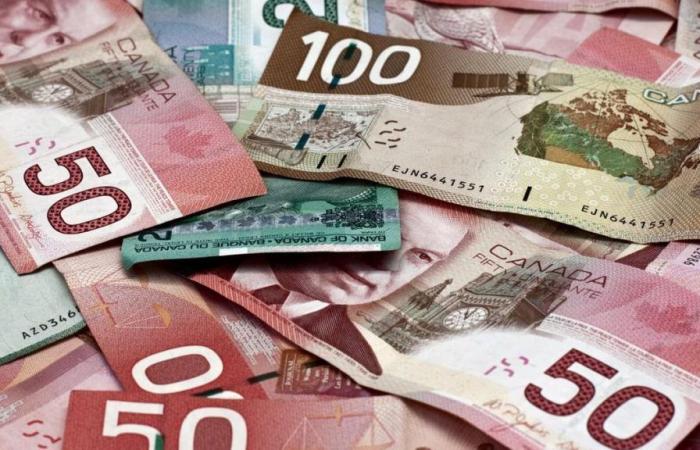Many of us are about to discover that we are richer than we think, at least according to the IRS.
The way the Trudeau government talks about its increase in capital gains tax could suggest that it will only affect 0.13% of the wealthiest taxpayers in the country.
Unless you own your own private jet, there shouldn’t be anything to worry about, right?
And yet, since the changes were proposed, a slew of newspaper articles have covered how ordinary Canadians are being affected, despite earning far less than the $203,100 their elected officials in Ottawa will receive this year.
Only once
Among those affected is Liz Diachun, a 93-year-old Ontario grandmother who donated part of her farm to her daughter and grandson. For her donation, she received a bill for $40,000 from the Canada Revenue Agency.
There are also people like Roch and Rose, a Montrealer who saved to buy a duplex in the 1990s, and who were counting on its sale to finance their retirement. Together, they earn about $60,000 a year.
Although only a small fraction of Canadians report high capital gains income in a given year, most of those who do report it only once in their lifetime, when they sell assets like a duplex, a chalet or a small business.
The best way to understand this is to look at how their tax returns have changed over time. This is what Statistics Canada’s Longitudinal Administrative Data Bank does.
In 2011, 25,100 Canadians reported capital gains income of $250,000 or more on their tax forms. Nearly two-thirds of them never realized such capital gains again during the following decade. Another 15% of them only saw such gains once more during this period.
In fact, less than 1% of all Canadians who reported such large capital gains in 2011 reported similar gains every year over the following decade.
Issue
This is why, when the Trudeau government says that the capital gains tax increase only affects 40,000 taxpayers, it is not telling the whole story. Although it may affect a limited number of people in a given year, the people affected are different each year.
Over their lifetime, it is likely that 1.26 million Canadians will be directly affected by the Trudeau government’s capital gains tax increase, according to calculations by economist Jack Mintz, President’s Fellow of the School of Public Policy from the University of Calgary.
To put this number into perspective, about as many Canadians as currently live in the entire province of Saskatchewan will receive a higher tax bill because of this change. This is much more than the 0.13% of taxpayers put forward by the Trudeau government.
That’s the problem with Ottawa’s attempts to make the ultra-rich pay: the taxman tends to think you’re richer than you think.
Photo provided by Emmanuelle B. Faubert.
Emmanuelle B. Faubert, Economist, Montreal Economic Institute






